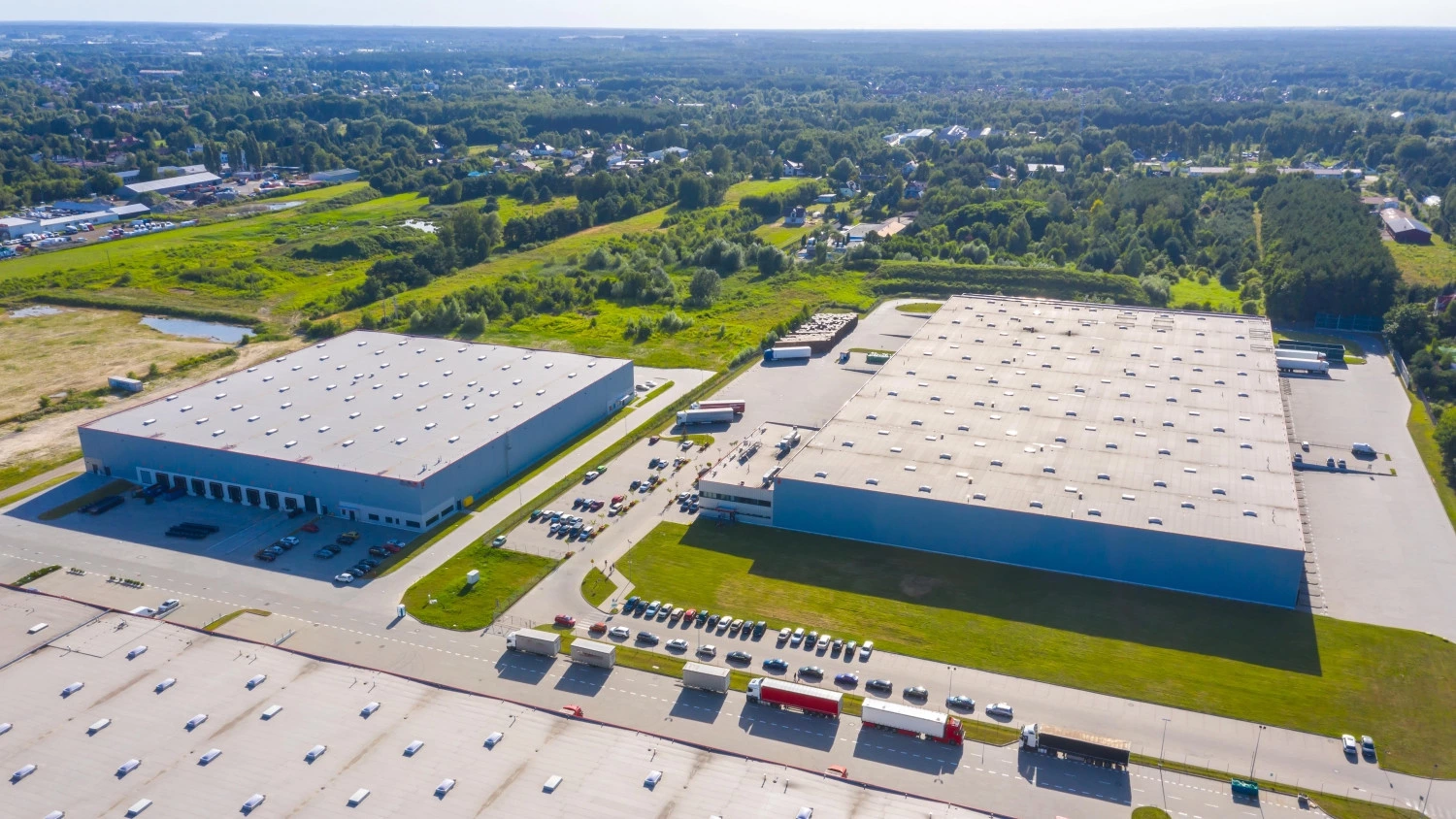
The retail, industrial and logistics sectors have been affected by the recent price increase of crucial construction commodities mostly steel, plastic and wood, according to a report by 108 Agency.
Industrial real estate lacking construction materials
“The industrial real estate market has been under pressure for more than a year. The pandemic has resulted in fundamental changes in customer-supplier flows and an increase in demand for premises across almost all segments. This has naturally been reflected in increases in rent and the valuation of industrial buildings, in particular in the most desirable locations around Prague and Brno. This has been compounded by the unavailability of land for new construction near these cities, and so new larger projects are often located at distances of 30 to 40 km from the city,” says Robert Sgariboldi, Head of Industrial Leasing at 108 Agency.
Due to high global demand, insufficient production capacity and disrupted supply chain, the price of building materials have risen rapidly in the industrial, construction and commercial sectors. Rent costs have reached record levels. In key locations, they are already €5 per sqm/month. In the highest demand locations, i.e. southeast Prague next to the D1 motorway, costs are now above €6 per sqm.
“If we sum these factors, there will likely be a further increase in pressure on location selection in terms of activities within a particular building, or location, and its added value for the particular user. Increasing rental costs in a desirable location will be better borne by a user who undertakes activities there with high added value, or who has a large number of employees. For such a user, the rental cost is not the most important item in their budget. In contrast, for a pallet logistics user with a minimal number of employees who only perform basic handling and racking system operations, an increase in rent by 20 to 30% may represent a reason to assess other options and potentially relocate to a more cost-effective region. The price of leasing the building in these operations may come to 50% of the total budget,” says Robert Sgariboldi.
Project delivery times impacted by material and workforce shortage
Construction companies are also struggling with the availability of specialised planners and construction engineers. “The formerly valid market standard in which a project which had been granted construction approval could be turned over to tenants within 6 months of signature of the future lease agreement is gradually ceasing to exist. We are increasingly frequently seeing indications of 8-9 months even where projects have valid construction approval, and this is due to a lack of planner capacity and availability of construction subcontracting, The risk of late construction delivery, which used to be exceptional, is now counted in months, and it should be anticipated within projects at an increased likelihood,” concludes Robert Sgariboldi.



